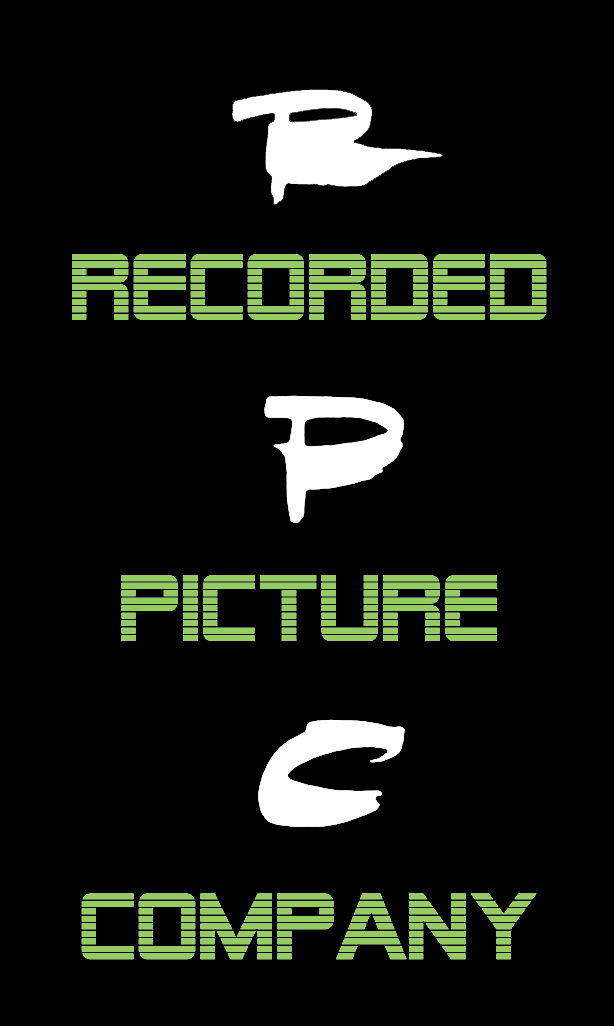Video: Jeremy Thomas discusses his career
TOMMY GREENE – CULTURE NORTHERN IRELEAND – 27th August 2014
During the dusk hours of a prematurely autumnal August evening, in Screen One at Belfast's Queen's Film Theatre, British super-producer, Jeremy Thomas, faces an hour-long interview session in front of an audience around 80-strong.
For the uninitiated, Thomas is founder of the Recorded Picture Company. Over the course of an almost 40-year-long career, he has produced or been involved in an astoundingly illustrious back catalogue of feature films, with Crash, The Naked Lunch, Sexy Beast, The Last Emperor, Eureka and A Dangerous Method ranking among his finest.
An impressive list of directors with whom he has also worked (including the likes of David Cronenberg and Nicolas Roeg), again speaks volumes of Thomas' standing within the industry. Though perhaps not as recognisable a name as, say, a Christopher Nolan or a Mike Leigh, the multi-award winning producer is undeniably one of the greats of contemporary British cinema.
BBC Northern Ireland‘s Marie-Louise Muir is the principal figure elected to ask, front and conduct the questions before she hands over to the audience for the final 15 minutes of the event. Following a brief run through of scenes from Eureka and Merry Christmas, Mr. Lawrence, Muir gets the ball rolling by attempting to trace Thomas’ inspiration back to his earliest years, asking him to begin, quite logically, at the beginning.
Thomas was born and raised in London. Among the more candid details to emerge from this section is a quite frank admission that, for the first three or four films he ever made, Thomas confesses that he didn’t really know what he was doing. This may not seem like much of a disclosure to make, given that individuals invariably learn on the job in the creative professions, but it is nevertheless a surprise coming from a veteran master of the craft.
The modesty that Thomas wears from the beginning very much shows him in a positive light, which sustains itself impressively throughout the course of the talk. Among the initial proceedings comes an amusing anecdote about an unorthodox and quasi-Herculean effort at recruiting Ponti for an early film, at the request of another master, Roeg, and this lighter thread noticeably helps to break the ice in the auditorium.
Weaved into the mostly retrospective detail of the initial interview are fond recollections of working in more exotic, adventurous locales. Thomas notes, with a tone somewhere between mock-lament and genuine wistfulness, how this kind of practice has been all but wiped out by the advent of digital filmmaking.
Talk then turns, without much prompting, to Thomas’ personal philosophy for, or view of, cinema and what it entails and respresents in the 21st century. He duly outlines with some passion that, when he makes a film, he is largely looking to create a divergence of opinion regarding its meaning, with a subtext hopefully running through each project that goes some way to achieving what he terms ‘profundity’.
For him, this is the essence of independent cinema and it’s what keeps him making these kinds of films. Thomas also notes – without any of the hauteur all-too-commonly associated with art-house cinema, – that a Marvel Comics film just 'isn’t in' him to make.
His divulged tips for ‘making it’ in the film industry for today’s aspiring youth are simple: application, talent and a bit of luck go a long way. This isn’t really out of key, though, with the rest of the interview. Despite all of his achievements, Thomas conveys a genuine optimism about filmmaking cut with a practical edge illustrated by samples of his prolific output.
On the subject of the place of independent cinema in Britain today, Thomas' outlook is slightly more pessimistic. Although he never breaks into an attacking rant regarding the steamroller of commercial cinema – with its mammoth budgets and never-ending franchises difficult to compete with – he does make one slightly more off-the-cuff and revealing remark: 'In Italy and France they know their masters. In Britain, cinema is something that’s at the end of the pier.'
Thomas might register some disappointment and disenchantment in this rare break of face, but his otherwise natural charm and affability reveal some of the resourcefulness that has no doubt helped build and maintain his deserved status as a true legend of British independent cinema.

